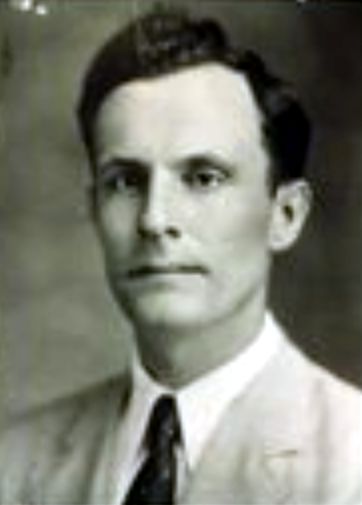Source: "Investment in human capital," 1961, p. 9
Famous Theodore Schultz Quotes
Theodore W. Schultz (1977) In: Cambridge University Marshall Lecture – Development and Transition: Idea, Strategy, and Viability, Justin Yifu Lin, PDF http://www.eaber.org/intranet/documents/41/1822/CCER_Lin_2007.pdf,
Source: "Transforming traditional agriculture," 1964, p. 39; as cited in: Kenneth H. Shapiro (1976) Efficiency differentials in peasant agriculture and their implications for development policies, p. 2
"The Economics of Being Poor," (1979)
Source: "Transforming traditional agriculture," 1964, p. 136
Source: "Investment in human capital," 1961, p. 1
Theodore Schultz Quotes about people
Source: "Investment in human capital," 1961, p. 1
"The Economics of Being Poor," (1979)
“Economists have long known that people are an important part of the wealth of nations.”
Source: "Investment in human capital," 1961, p. 2
Theodore Schultz Quotes
Source: "Investment in human capital," 1961, p. 2; As cited in: David L. Levinson (2005) Community Colleges: A Reference Handbook, p. 156
Context: The mere thought of investment in human beings is offensive to some among us. Our values and beliefs inhibit us from looking upon human beings as capital goods, except in slavery, and this we abhor... To treat human beings as wealth that can be augmented by investment runs counter to deeply held values. It seems to reduce man once again to a mere material component, something akin to property. And for man to look upon himself as a capital good, even if it did not impair his freedom, may seem to debase him... (But) by investing in themselves, people can enlarge the range of choice available to them. It is one way free men can enhance their welfare.
Source: "Transforming traditional agriculture," 1964, p. 37
" Nobelprize.org: Autobiography http://www.nobelprize.org/nobel_prizes/economics/laureates/1979/schultz-autobio.html," in: Nobel Lectures, Economics 1969-1980, Editor Assar Lindbeck, World Scientific Publishing Co., Singapore, 1992
Source: "Investment in human capital," 1961, p. 1
“Human beings are incontestably capital from an abstract and mathematical point of view.”
Source: "Investment in human capital," 1961, p. 3
"The Economics of Being Poor," (1979)
